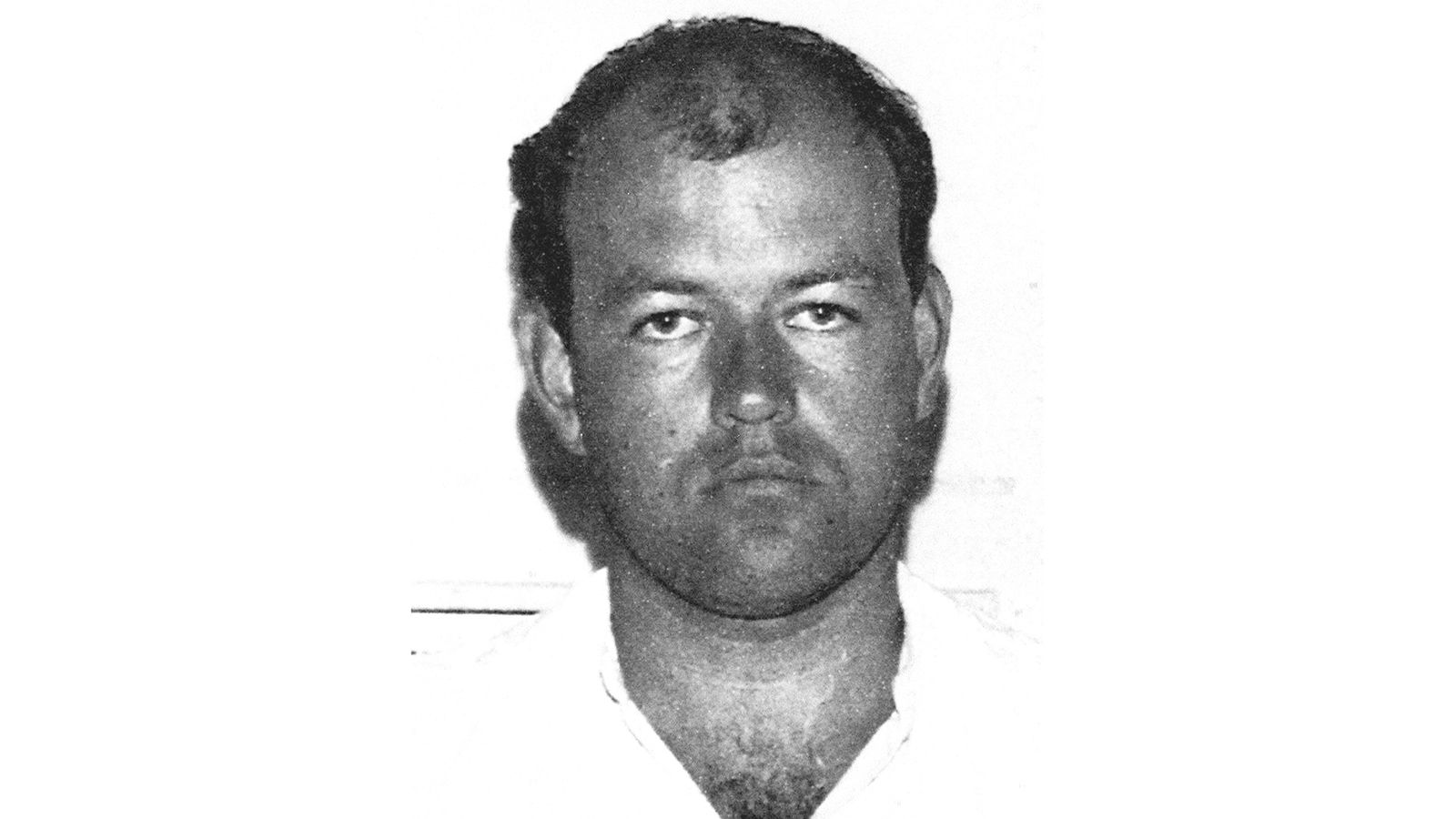Double child rapist and murderer Colin Pitchfork has successfully challenged a decision to keep him locked up and will now face a fresh parole hearing.
It comes after the Parole Board said in December he was too much of a risk to be released and must stay in prison.
He was jailed for life with a minimum term of 30 years in 1988, later reduced to 28 years, for raping and strangling 15-year-olds Lynda Mann and Dawn Ashworth in 1983 and 1986 respectively.
Pitchfork was the first man convicted in the UK using DNA evidence.
The Parole Board said Pitchfork had applied for the decision in December to be reconsidered and this had been granted.
It means he will face another parole hearing with a different panel of board members to decide if he can be freed from jail.
In a statement, the Parole Board said: “The decision refusing Mr Pitchfork’s release was eligible for reconsideration under the Parole Board Rules.
“This meant that the panel’s decision was provisional and that either Mr Pitchfork or the secretary of state could make an application for reconsideration on the grounds that the decision not to release Mr Pitchfork had been irrational, procedurally unfair and/or there had been an error of law.”
Pitchfork’s challenge was successful because the parole panel “had a duty to take the prison offender manager’s recommendation into account and to give adequate reasons for any disagreement with that recommendation” but the review concluded this had not happened.
The “complete re-hearing” will take place in due course, the Parole Board said.
“Release can only be directed by the Parole Board if the new panel is satisfied that it is no longer necessary for the protection of the public that Mr Pitchfork remain confined in prison,” it added.
“Mr Pitchfork has, and will continue to, remain in prison until this case has fully concluded.”








